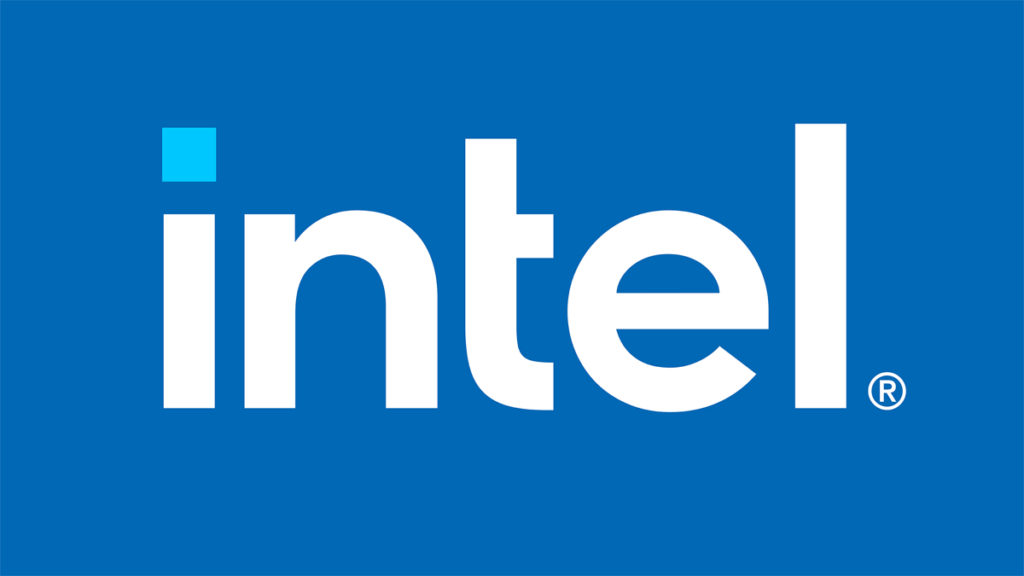Image: Intel
Intel is reportedly releasing its 11th Gen Core desktop processors in spring 2021. Dubbed Rocket Lake-S, one of the platform’s biggest advancements is support for the blazing PCIe 4.0 interface – old news for AMD fans, but something that Intel aficionados will certainly appreciate.
While the current generation (Comet Lake-S) ran into unfortunate signal/jitter issues that handicapped motherboards to PCIe 3.0, leaked benchmarks from ITCooker suggest that Rocket Lake-S’s PCIe 4.0 support is good to go for the fastest NVMe drives on the market.
The test includes a screen capture of a CrystalDiskMark 8 test running on a purported 11th Gen Core processor and ASRock Z490 Taichi...
Continue reading...
